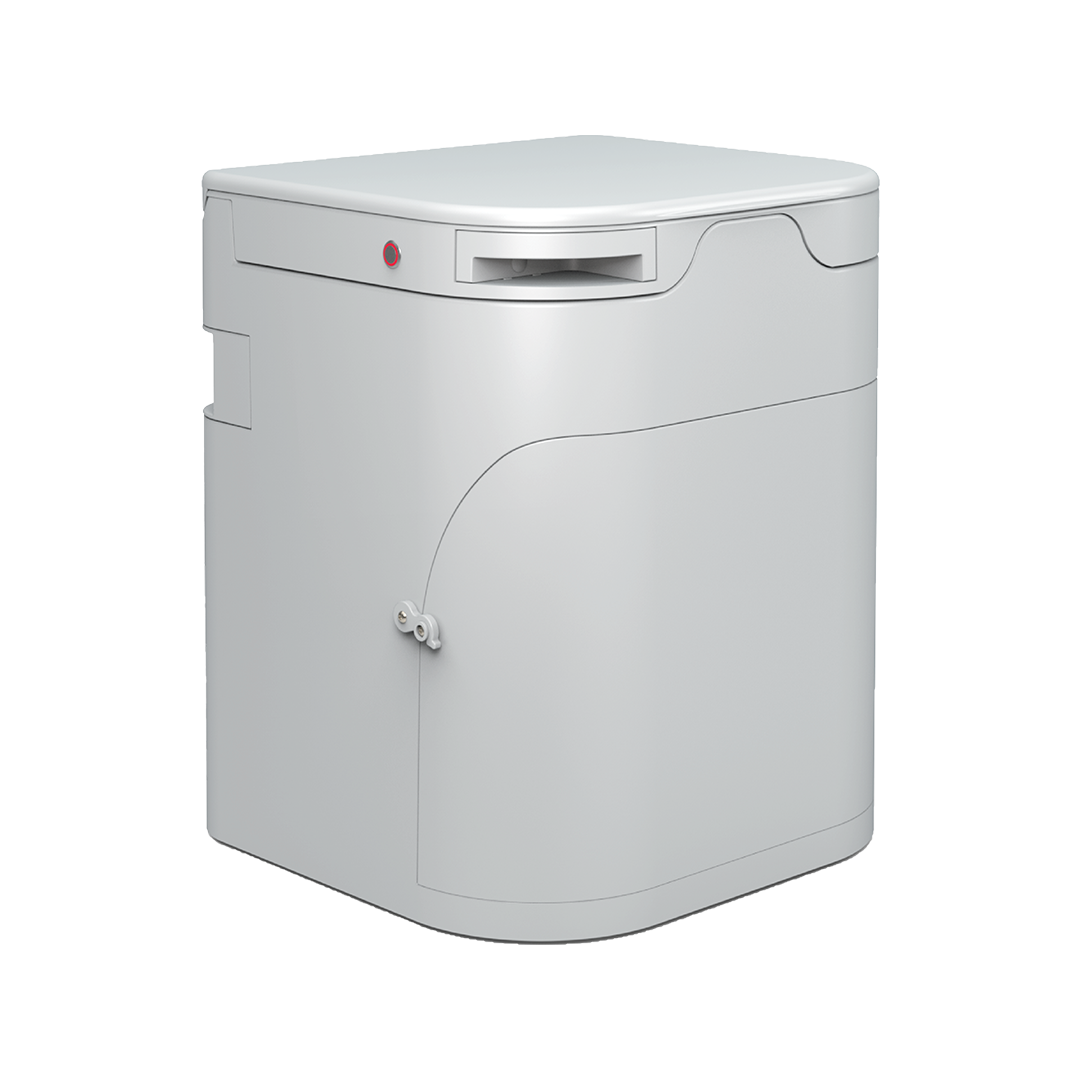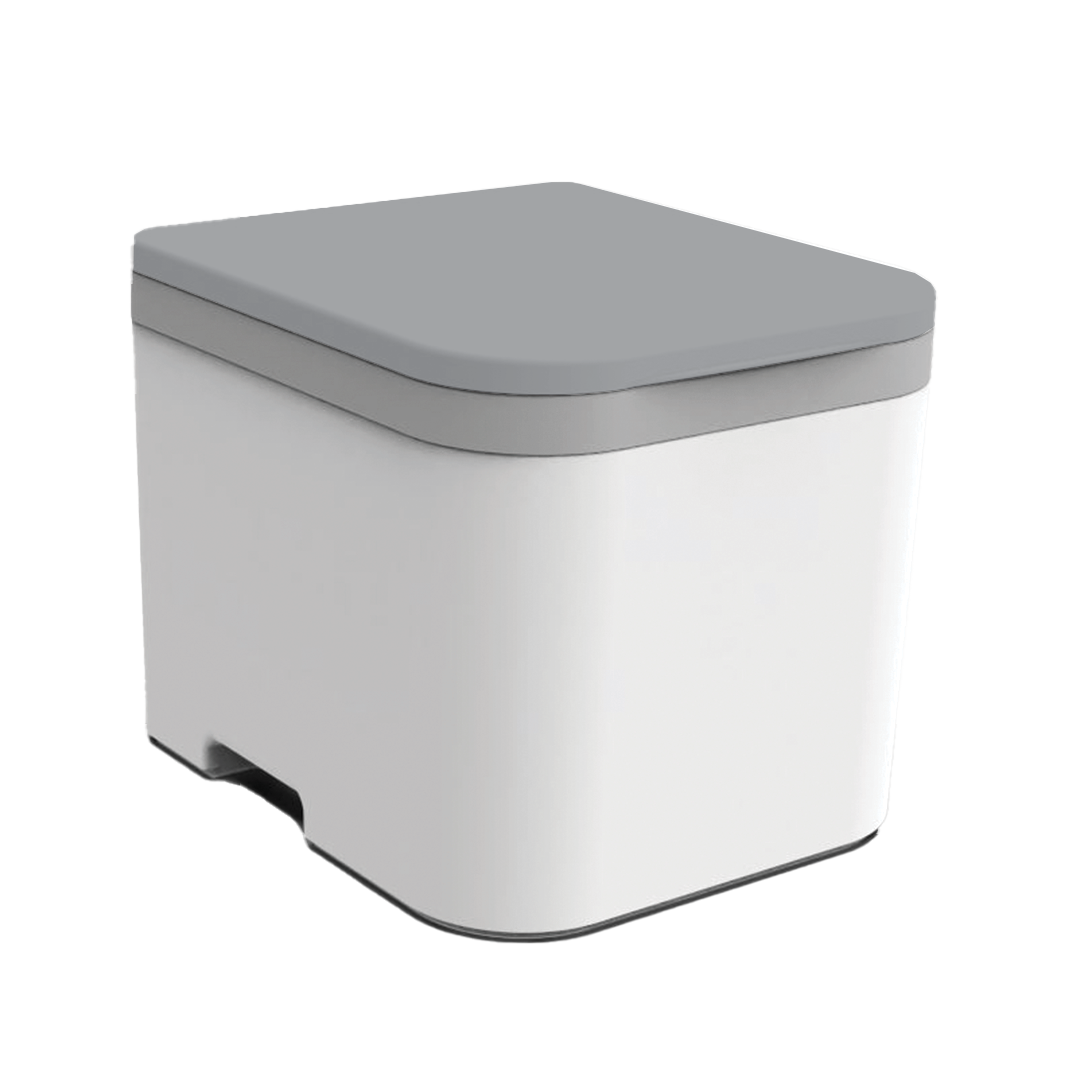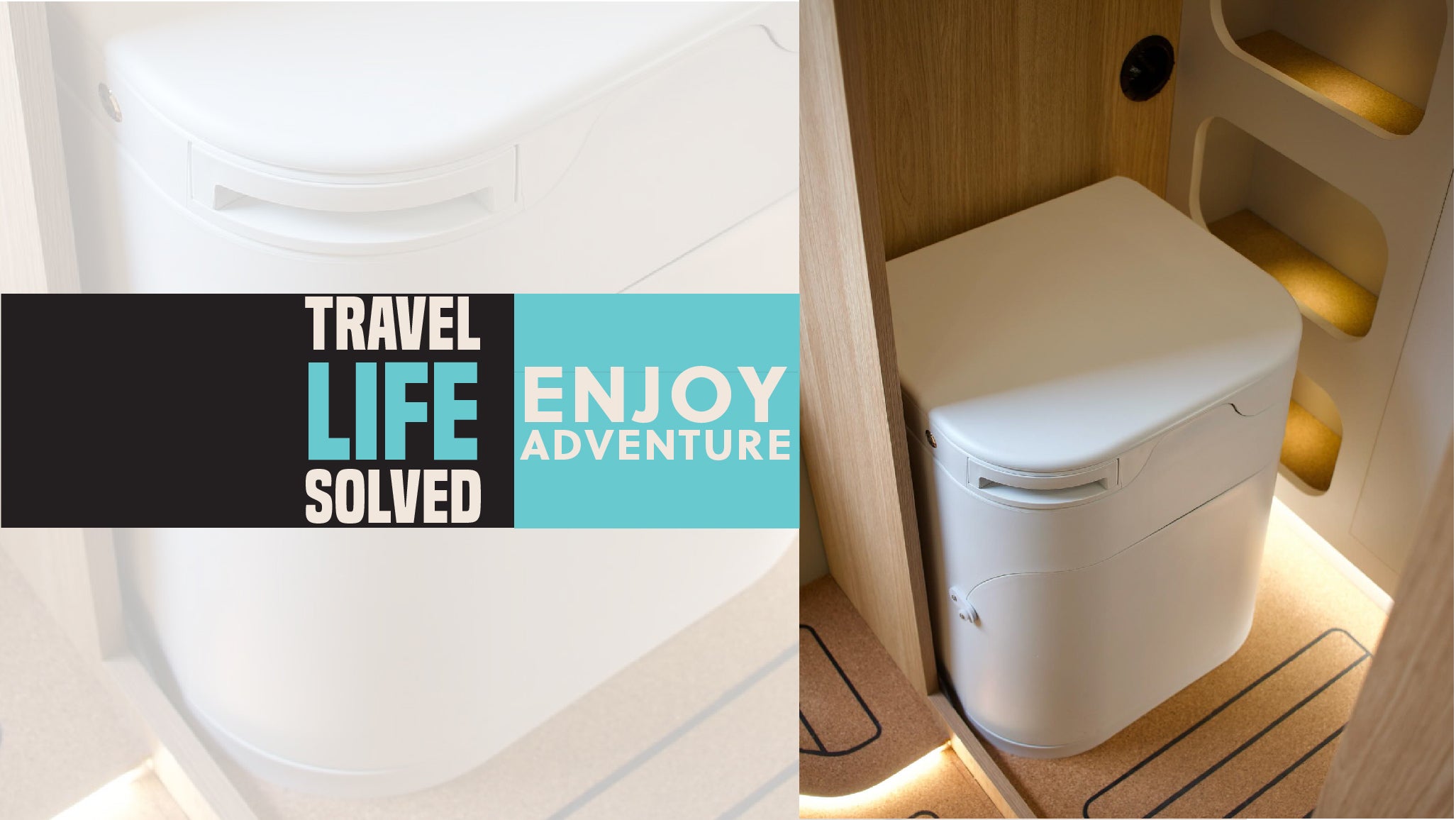In the realm of sustainable living, one often encounters innovative solutions to age-old problems. One such solution gaining traction is the compost toilet. In this guide, we'll explore what compost toilets are, their variations, benefits, and considerations for those contemplating this eco-friendly sanitation option.
What is a Compost Toilet?
A composting toilet is a revolutionary approach to waste management, particularly in off-grid or environmentally conscious settings. Unlike traditional flush toilets that rely on water for waste removal, compost toilets leverage a biological process called composting to decompose human waste, transforming it into nutrient-rich compost material. Microorganisms, under controlled aerobic conditions, facilitate this decomposition, rendering waste harmless and producing compost suitable for soil enrichment.
While composting as a method of waste disposal has ancient roots, compost toilets remain relatively novel, especially in mainstream American sanitation discourse. However, their popularity is burgeoning among alternative lifestyles, including full-time RV dwellers, boaters, tiny home enthusiasts, and remote communities where conventional sewage infrastructure is impractical or unavailable.
Are All Compost Toilets the Same?
Despite the fundamental principle of diverting urine from solids being consistent across compost toilets, there's a myriad of design variations catering to diverse user needs. Key considerations when selecting or constructing a compost toilet include:
-
Agitation Mechanism: Some models incorporate an agitator to mix solid waste with composting medium, expediting the composting process and minimizing odors. Conversely, others employ a layering method, which, although simpler, may result in slower decomposition due to inadequate aeration.
-
Urine Diversion: Effective urine diversion not only reduces odor but also eliminates the need for conventional black tanks and chemical treatments. Models equipped with urine sensors or drain kits streamline urine management, enhancing user convenience and system efficiency.
-
Ease of Use and Maintenance: Maintenance requirements vary across compost toilets, with some necessitating periodic replenishment of compost medium and others employing removable solids bins for effortless waste disposal. Additionally, odor mitigation and user comfort are paramount considerations in toilet design.
Benefits of Compost Toilets
-
Water Conservation: In water-scarce environments or off-grid settings, compost toilets offer a sustainable alternative to water-flushed systems, significantly reducing freshwater consumption associated with traditional toilets.
-
Waste Reduction: By diverting organic waste from landfills and conventional sewage treatment plants, compost toilets contribute to waste minimization and mitigate greenhouse gas emissions associated with waste management.
-
Flexibility and Mobility: Compost toilets cater to diverse lifestyles, from nomadic RV living to remote off-grid settlements, offering a flexible and environmentally conscious sanitation solution.
Addressing Common Misconceptions
It's crucial to dispel misconceptions surrounding compost toilets, particularly regarding the composting process and waste disposal:
-
Instant Composting: While permanent composting systems facilitate end-to-end composting on-site, portable compost toilets initiate the process, requiring subsequent composting in designated facilities or compost piles.
-
Waste Disposal: Responsible waste disposal involves adhering to local environmental guidelines, whether through compost-friendly disposal sites, biodegradable bags, or designated waste management facilities.
Conclusion
In the pursuit of sustainable living, compost toilets emerge as a compelling option for eco-conscious individuals seeking alternative sanitation solutions. Whether embracing a nomadic lifestyle or prioritizing environmental stewardship, the choice to adopt a compost toilet represents a tangible step towards a greener future. With evolving designs and increased awareness, compost toilets present a viable pathway to sustainable sanitation, underscoring the adage: "Waste not, want not."
References:




